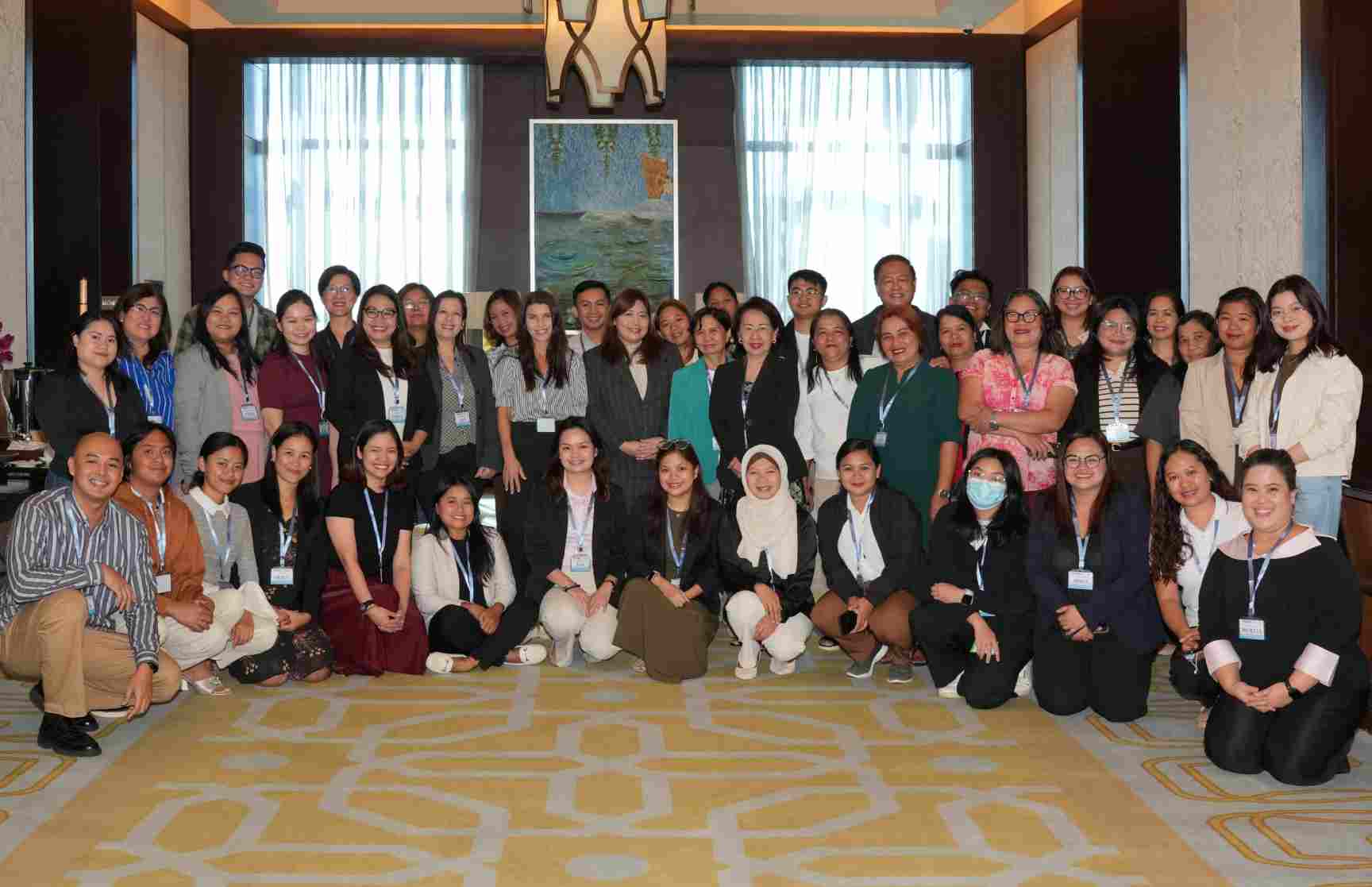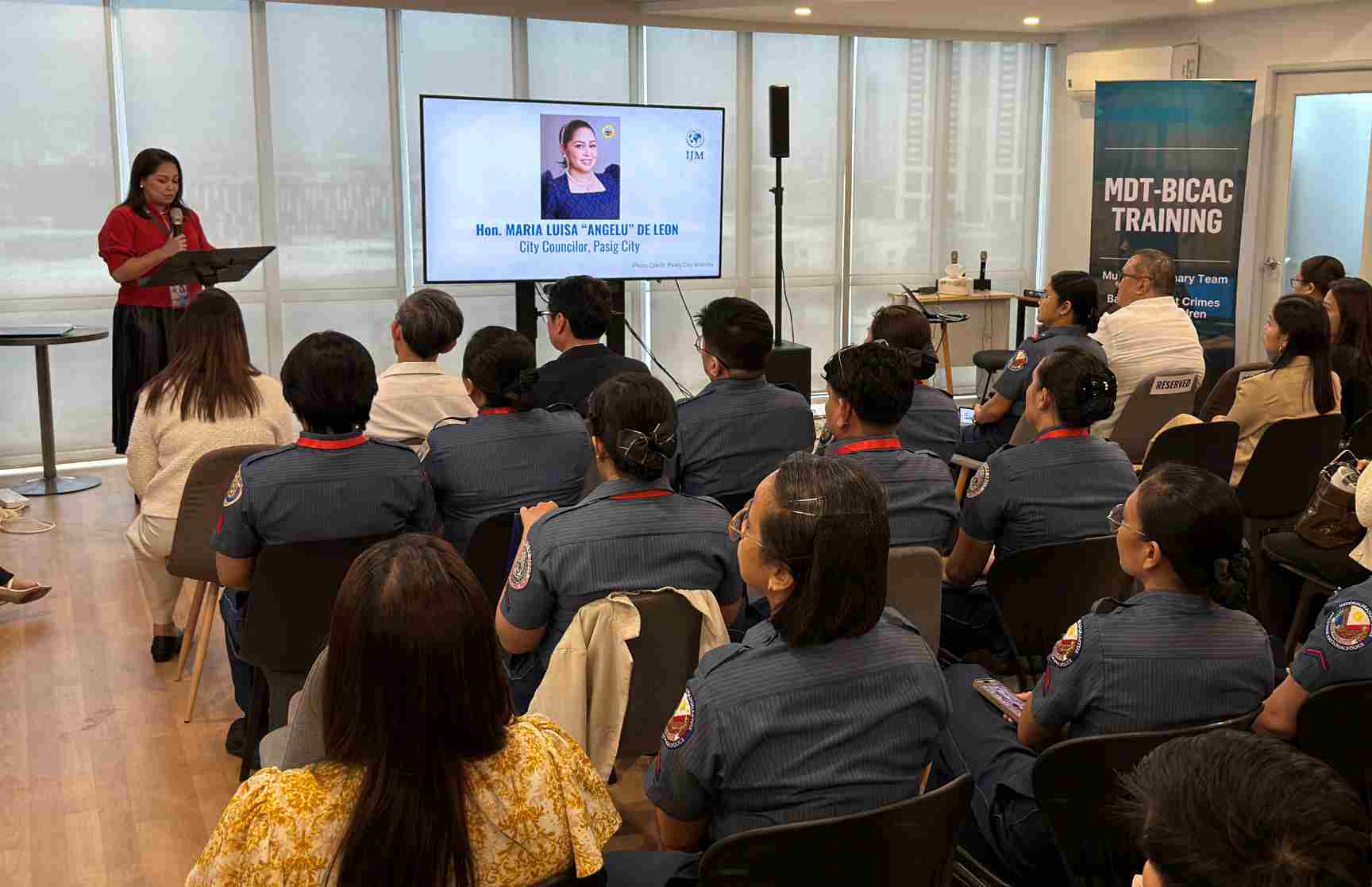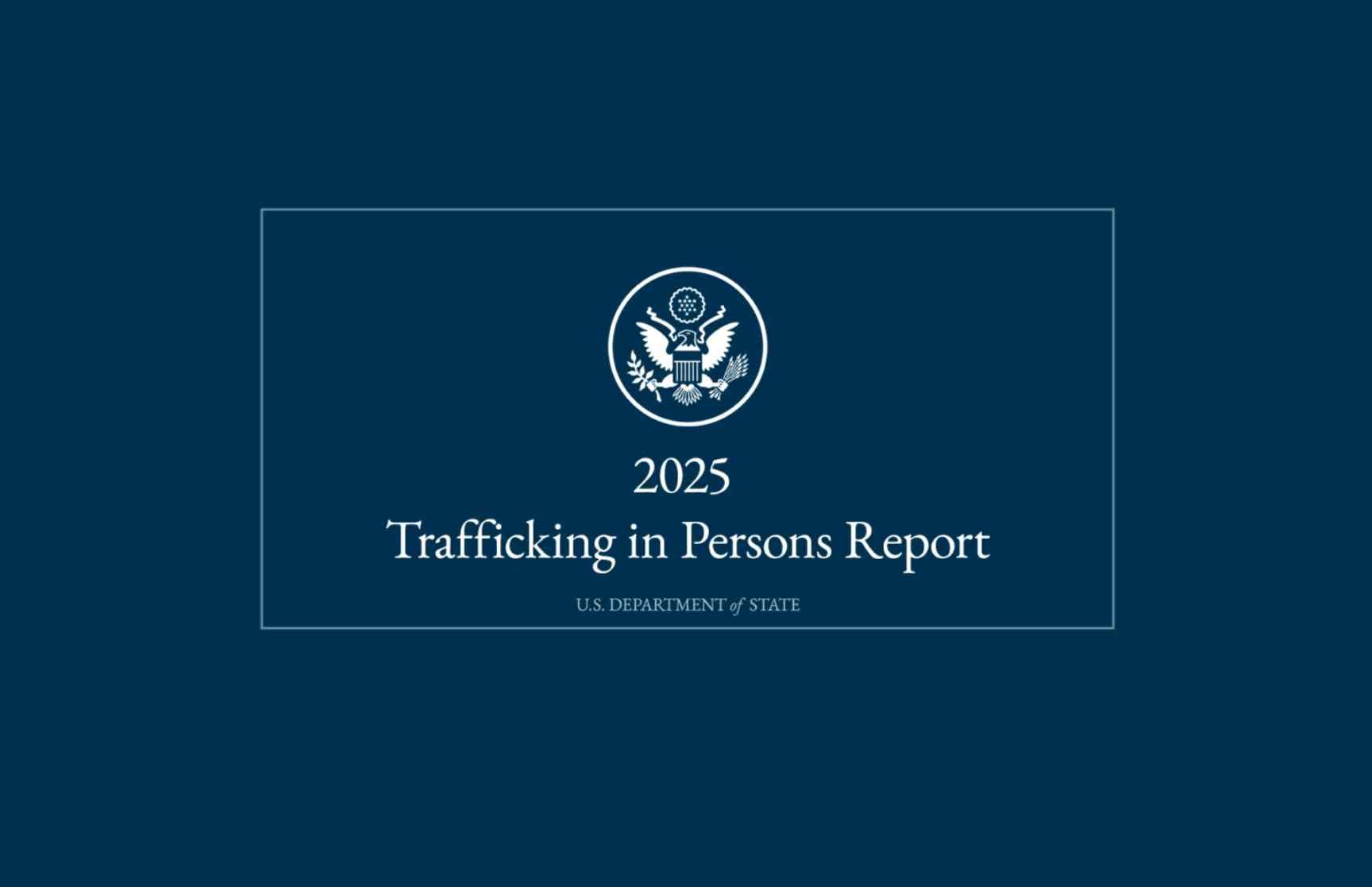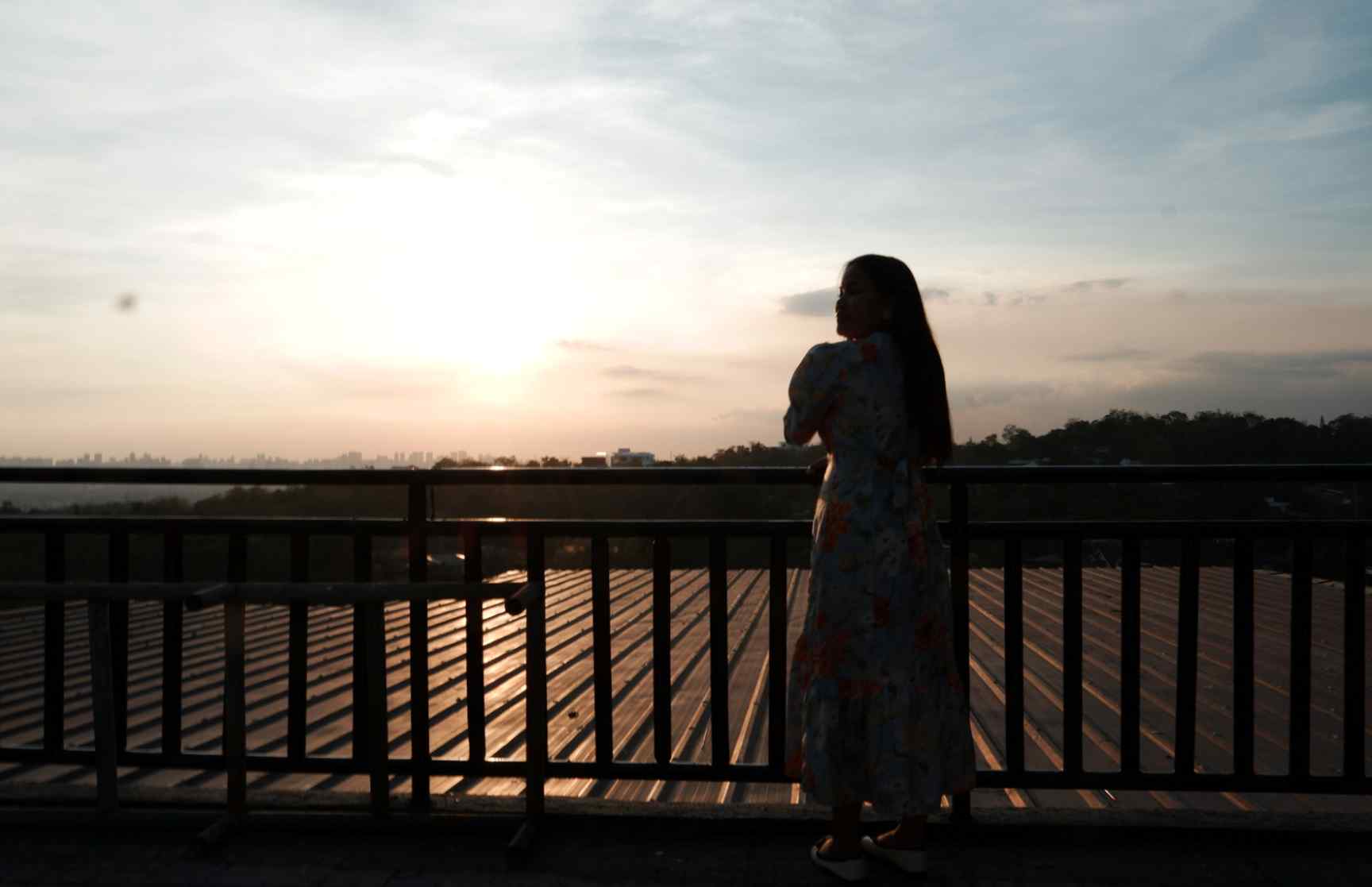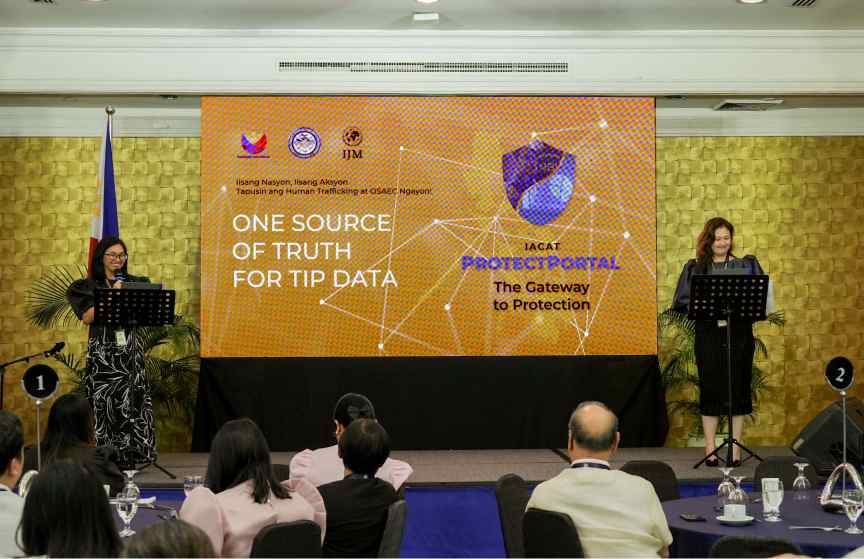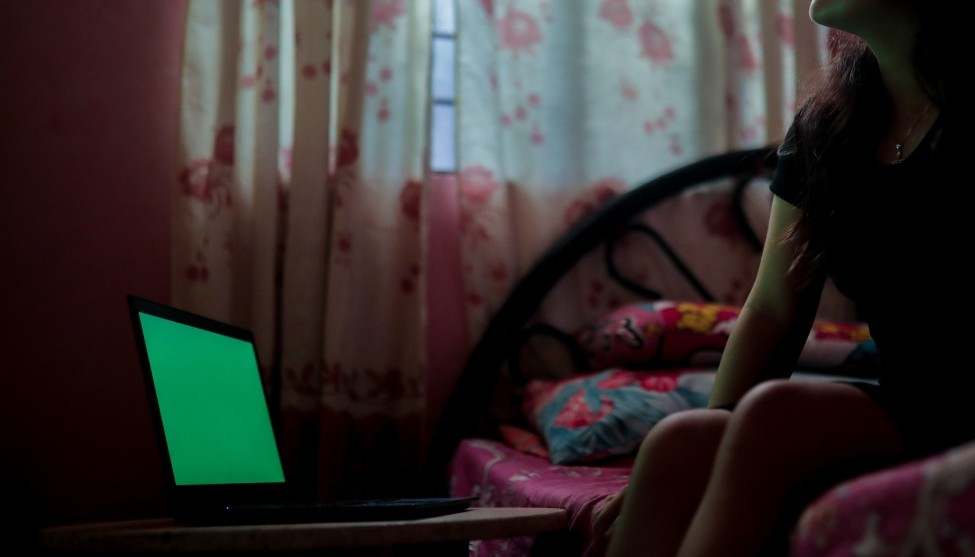
Warning: this article contains potential trauma triggers
Online sexual exploitation of children (OSEC) is also known as the production and distribution of child sexual abuse materials (CSAM), or trafficking of CSAM or livestreaming to create CSAM. Since this crime emerged less than 10 years ago, it has been widely thought that abusers in demand-side countries, and perpetrators (in the supply-side, such as the Philippines), operate primarily in the dark web.
The 2020 IJM OSEC Study and case data, however, show that criminals still exploit widely available platforms on the surface web like social media and online dating sites to initiate contact with each other and exchange materials. While surface web platforms are where the illegal business is done, the dark web is where abusers lurk, to communicate with each other and look for suppliers.
It’s a common misconception that accessing content via the dark web provides instant security and anonymity. However, dark web forums, marketplaces, and messaging services are easily accessible by law enforcement and provide a straightforward means of monitoring users and discussions.
Recent article on OSEC sparks conversation on Dark Web forums
It was on one of these dark web forums—closely monitored by law enforcement—that a striking discussion about the Philippines recently occurred. The conversation centered around an article published in March of this year entitled “The rise of live-streamed child abuse – and Britain’s role in it” which tells of the rising prevalence of OSEC, particularly in the Philippines, while also highlighting the work of IJM in combatting this crime. Within less than a month of its publication, a link to this article was posted on a dark web child abuse forum alongside the following question:
How can I make contact with these Filipino, and without suspicion?
Such a blatant request for information on how to inconspicuously contact vulnerable children for abuse is sadly not at all uncommon on these forums. This post was quickly responded to by a number of other forum members—several of which are prolific online distributors of CSAM. Instead of being met with a myriad of tactical suggestions on how to best contact supply side perpetrators, this post received several surprising responses:
You don’t. That’s the answer
The hate for pedos is on the rise and so maybe pick another SEA (Southeast Asian) country. But really, it’s becoming too dangerous for any nationality.
[There are] too many undercover looking for pedo…you cant trust no one there
These comments, made by a group of self-described pedophiles, should give us all reason to hope. The local justice system, with help from organizations like IJM, is steadily creating deterrence that is dissuading even the most prolific and technically sophisticated perpetrators from attempting to commit these crimes in the first place.
Transformation is happening
While there is still much more work to be done, as has been made clear by the recent Scale of Harm prevalence study, we can press on in the knowledge that the work being done is accomplishing it’s intended effect: to protect children from ever finding themselves in harm’s way.
To borrow words from another post on the thread seen on the dark web:
[The Philippines] is not what it was 5-10 years ago.
And in another 5-10 years, God willing, it will be even further transformed. A country where all—even the most vulnerable children—are free.



